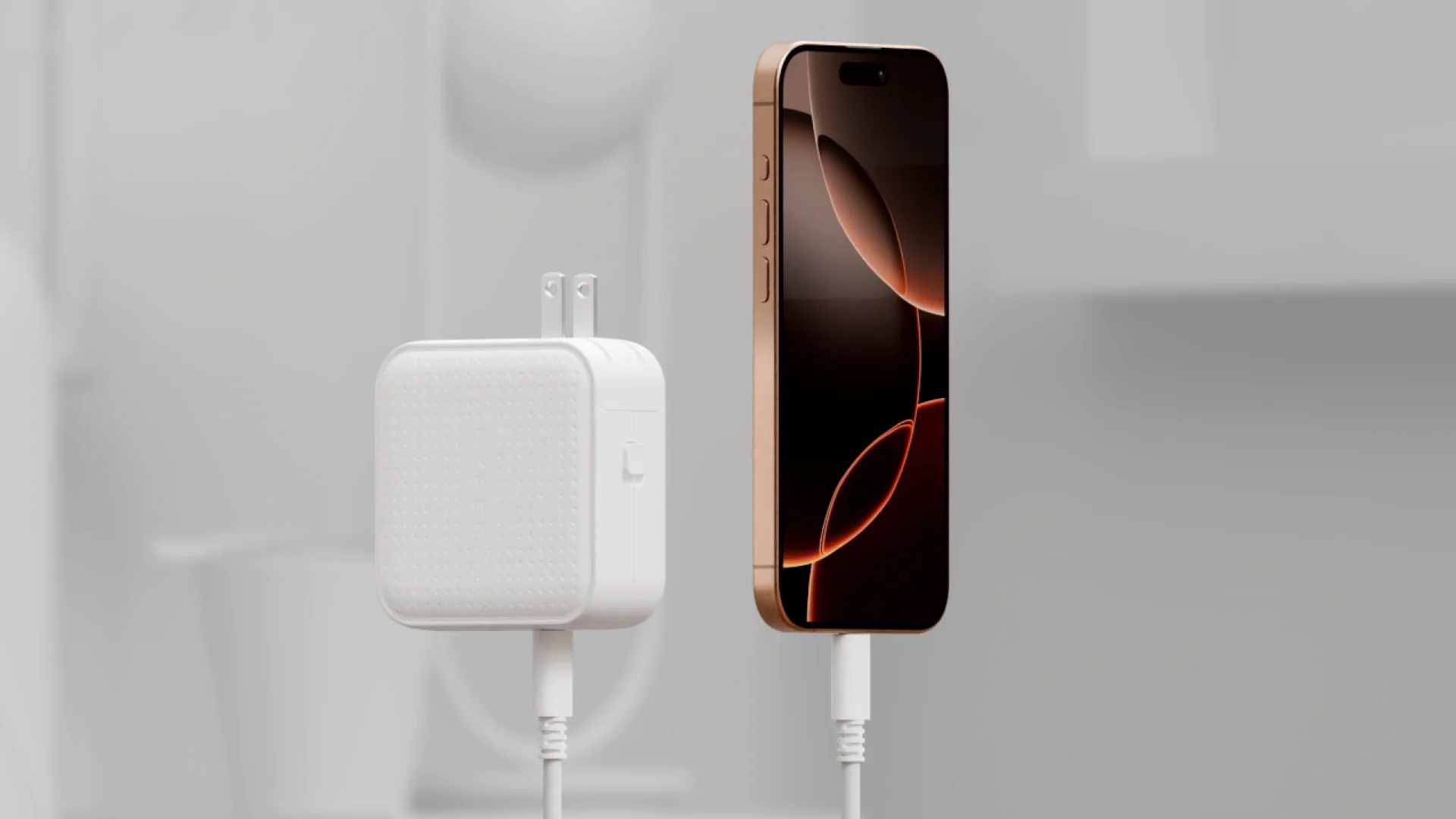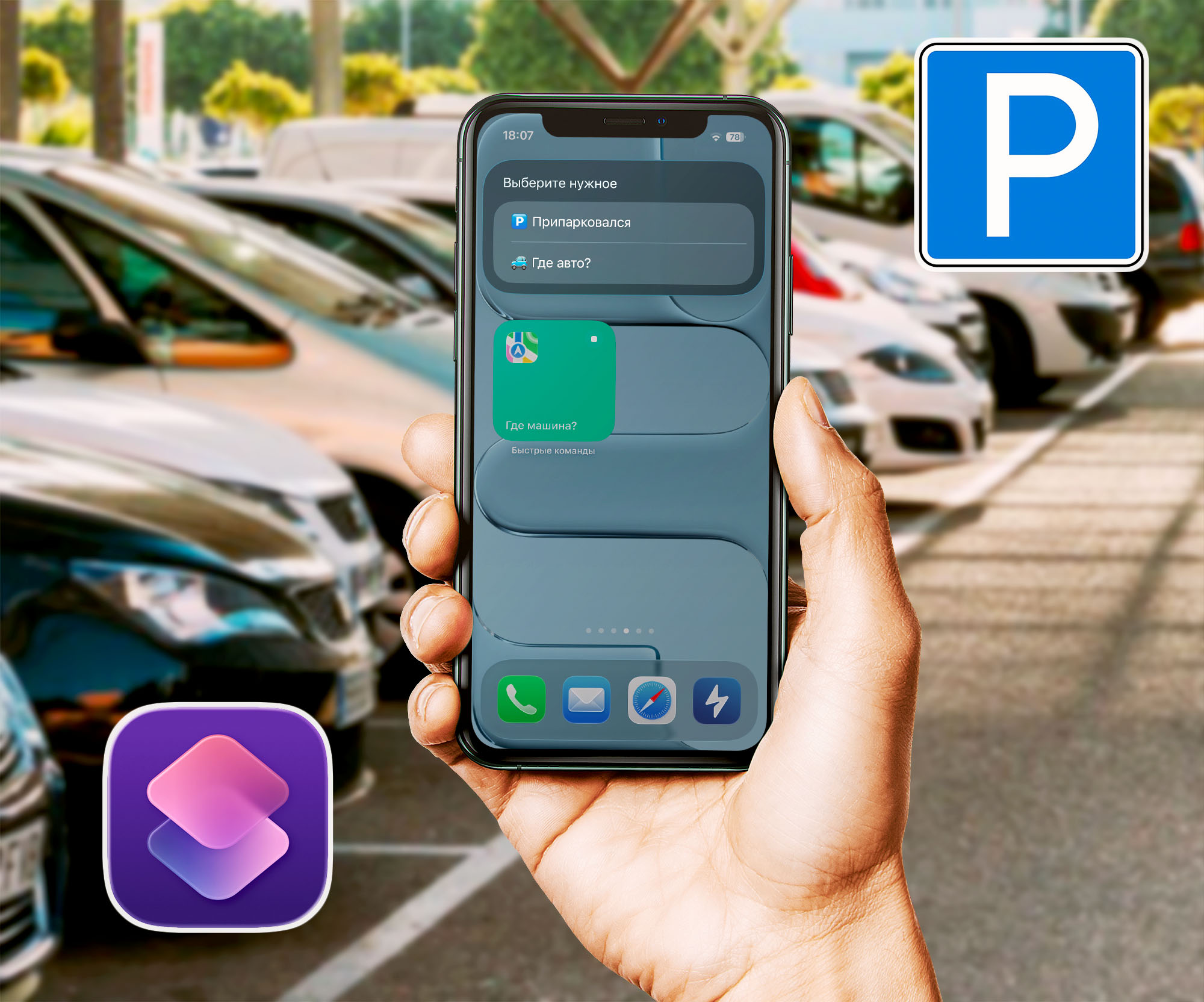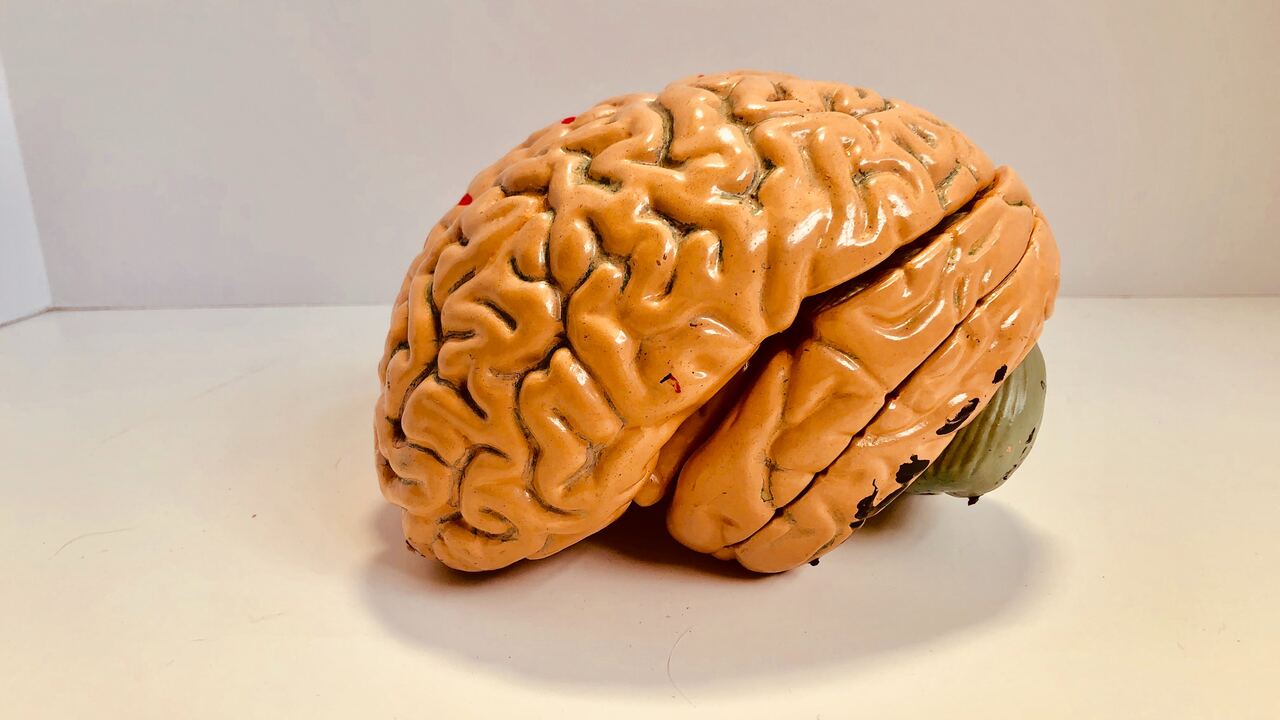Russian and American biologists have proposed an interesting way to slow the development of Alzheimer’s disease. They suggested that non-invasive stimulation could be used to affect the barrier between the circulatory system and the brain and reduce its permeability in the early stages of the disease. The researchers note that stimulation should be applied carefully in the later stages so as not to make the situation worse.
The blood-brain barrier (BBB) is the structure that separates the brain from the circulatory system. It only lets certain substances through, such as nutrients and certain types of cells, and protects the brain from infections and toxins. However, as dementia develops, this barrier becomes more permeable, leading to serious health consequences.
The scientists analyzed previous experiments on the effects on the BBB without invasion. They noted two particularly promising methods: transcranial magnetic stimulation and direct current stimulation. Both approaches made it possible to alter the permeability of the barrier in mice, and this barrier could be used to restore normal function in patients with Alzheimer’s disease.
The scientists propose to conduct a series of human experiments to study the effect of these methods on the BBB and brain tissue in dementia patients and healthy people. They also want to learn how exposure affects the accumulation of certain substances in the brain that play a role in the development of Alzheimer’s disease. The researchers note that such experiments cannot be performed on cell cultures and model animals. Successful results could lead to the development of new treatments for this disease.
Source: Ferra
I am a professional journalist and content creator with extensive experience writing for news websites. I currently work as an author at Gadget Onus, where I specialize in covering hot news topics. My written pieces have been published on some of the biggest media outlets around the world, including The Guardian and BBC News.











